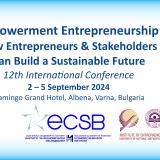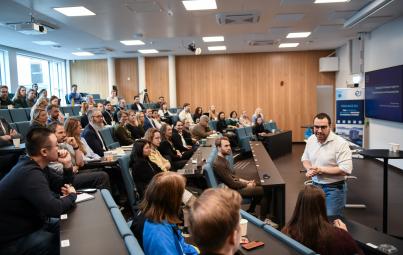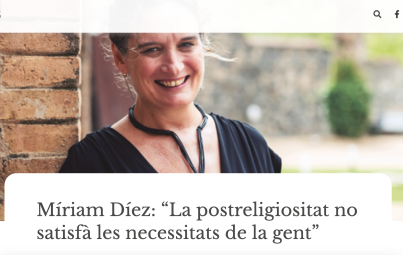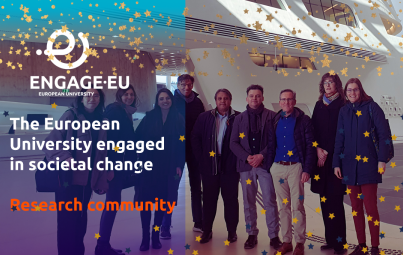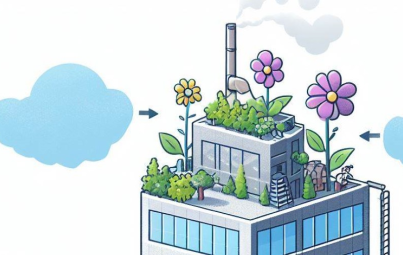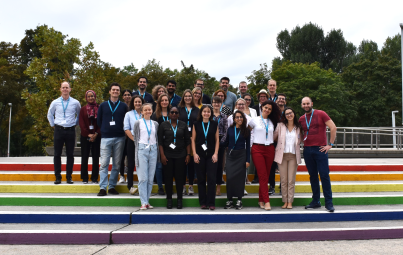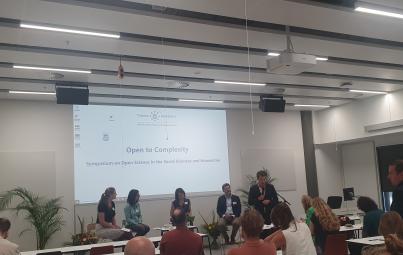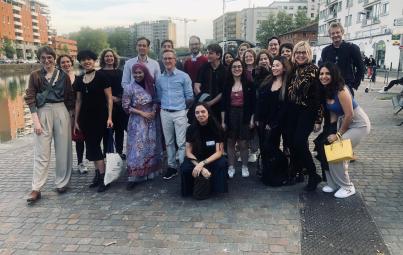Sustainable society can be interpreted as a resilient, inclusive, participative society, in which the wellbeing of its members is pursued and protected. This includes research topics as the welfare state, democracy, education, but also challenges such as population growth and poverty. It covers studies on the influence of demographic ageing, religious or cultural values, migration and urbanization. This research theme addresses issues at the institutional and individual level with many interconnected actors.
A cross-disciplinary approach, combining researchers from different areas of expertise and societal partners, can help to improve our understanding of the problems and support policy decisions .
Related SDGs
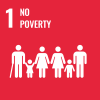
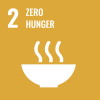
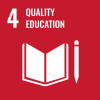
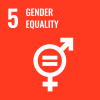
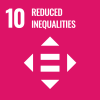
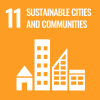
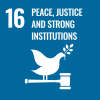
Subthemes
Collaboration Opportunities
Flipped classroom & COIL in additional language teaching following a plurilingual perspective
I have a degree in English and German Studies from the University of Deusto, Bilbao, and a Master’s in Pedagogical Innovation and...
ENGAGE.EU INCUBATOR SEED FUNDING: CALL FOR APPLICATIONS – TEACHING INITIATIVES
Academic teaching staff from ENGAGE.EU partner universities are invited to apply for seed-funding for the development of joint teaching...
Call for chapters: The Elgar Companion to Leadership Beyond the Sustainable Development Goals
We are editing the The Elgar Companion to Leadership Beyond the Sustainable Development Goals, and have space for some more chapters...
LITERACY AND KNOWLEDGE ON SUSTAINABILITY
The goals of the study are to measure global literacy on sustainability, knowledge and consequences among undergraduate students from...
Call for Papers - Third Sofia Conference for Early Stage Researchers & Young Scholars of ENGAGE.EU
Topic: Responsible Production and Consumption: Current Issues and Advances Towards SDG12
Dates: 21-22 November 2024
Venue: University of...
The Emerging Research Podcast
We're looking to start a new podcast where PhD students within the ENGAGE.EU alliance can share their research. Specifically, we're...
Pagination
Collaboration Groups
AI & Skills Research Community
This is the collaborative space of the research community AI & Skills. You can post documents here, share ideas in the discussion board...
ENGAGE.EU Community for PhD students and early-stage researchers
Would you be interested in receiving updates regarding new events (short research stays), new online courses, or any other documents...
Science Communication Workshop in Vienna
This is a group for participants of the Science Communication Workshop, that will be organized from 25-27 September at WU Vienna.
New Technology Critic
Discussions around New Technology and their impact on society. Through the experimentation of new applications which need new...
Collective intelligence and Codesign
sharing expertise on Collective intelligence, codesign, and all types of collaborative approachs
Sofia Conference for Early-Stage Researchers & Young Scholars
This group is for the participants of the 2nd Early Stage Researchers (ESR) conference in Sofia. Participants can meet each other here...
Pagination
- Page 1
- Next page
People
Pagination
Events
Empowerment Entrepreneurship: How Entrepreneurs & Stakeholders Can Build a Sustainable Future
- icon - (16:00-14:00 CEST)
-
icon Albena, Bulgaria
Third Sofia Conference for Early Stage Researchers & Young Scholars of ENGAGE.EU
- icon -
-
icon Sofia, Bulgaria
Call for Teaching: ENGAGE.EU Winter School 'Studium Oecologicum'
- icon -
-
icon online/virtual
News
Igniting Innovation: Call for Collaborative Scientific Initiatives Now Open
Advancing Sustainable Solutions: Insights from the ENGAGE.EU Think Tank 2024
Exploring Open Science: Overview from ENGAGE.EU Data Management Days
Science communication video lectures
400 members in one year
Happy anniversary!
Dear community,
Extremistes
https://www.elpuntavui.cat/opinio/article/8-articles/2369412-extremistes.html
A reflection and thank you: ENGAGE.EU research communities
The Role of Nonprofits in a Sustainable Economy
Can we talk about vision statements?
How to ENGAGE in this international research community
Citizen Forecasts: Shaping the Future of Election Predictions – Your Local Expertise Is Needed!
Do you still remember how many polls did not predict Brexit or how there weren’t any forecasts for your last mayoral election?
Communicating Science for Impact: Report on Science Communication Workshop in Vienna
From September 25-27, the Vienna University of Economics and Business hosted an inspiring event called the ENGAGE.EU Science Communication Workshop
The EU - your friend or foe?
My name is Milena Rapp and I am a political scientist working on the consequences of increasing scepticism towards the European Union.
Open to complexity: Collaborating for open science
ENGAGE.EU PhD Workshop in Toulouse: Expanding Networks, Connecting Disciplines
A new edition of the ENGAGE.EU doctoral workshop was held in Toulouse from 20 to 21 April.


















